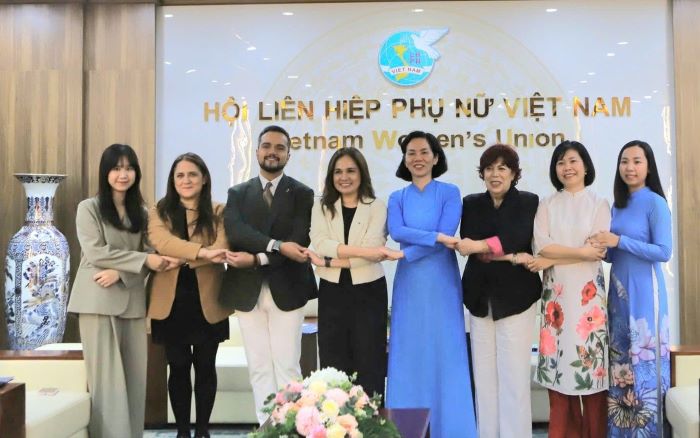The role of men and boys in achieving gender equality
Many men, however, still benefit from gender inequalities and resist change towards more equal gender relations. As a result, men are still often considered as the “problem” in gender equality policy discussions and documents.216 The challenge for gender equality policy is to present gender equality as a positive project for men, encourage an active debate about change among men as well as women, and create the means for continuing development of constructive approaches and the exchange of ideas, knowledge, experience and methods at the national, regional and global levels.
Engaging men and boys in work on gender equality involves not only working with individuals on change in their personal lives but also mobilizing their support for structural changes in the institutions of society that express and reinforce male power over women, including in the sociocultural, economic and political arenas. Programmes for men and boys that do not specifically address the need for changing gender norms and attitudes will limit themselves to treating symptoms without addressing the underlying causes. Promotion of gender equality and the involvement of men and boys in this work involves a process of social transformation that is complex and challenging.
Despite many positive experiences in working with men and boys within small, promising programmes to bring about change at individual levels, there is little systematic replication of good practices. The challenge is to move from small groups of 10-15 men to larger programmes that can have a major catalytic impact through the dissemination of models developed and efforts to replicate them and bring them to a larger scale.
2008
Source: UN Women March 2011







